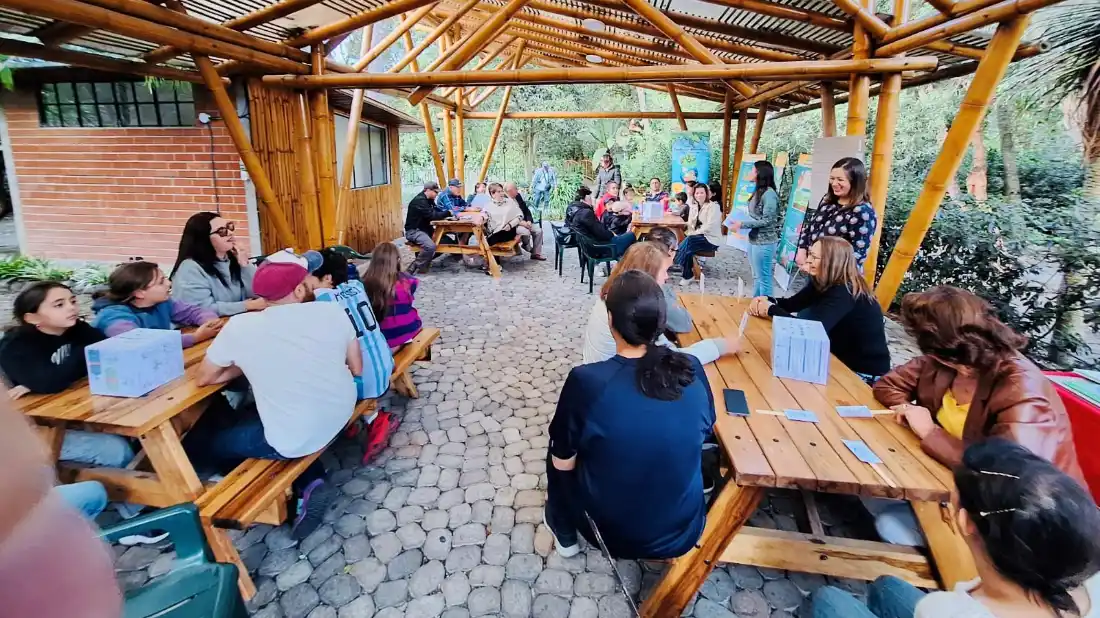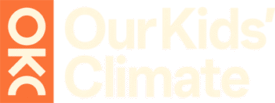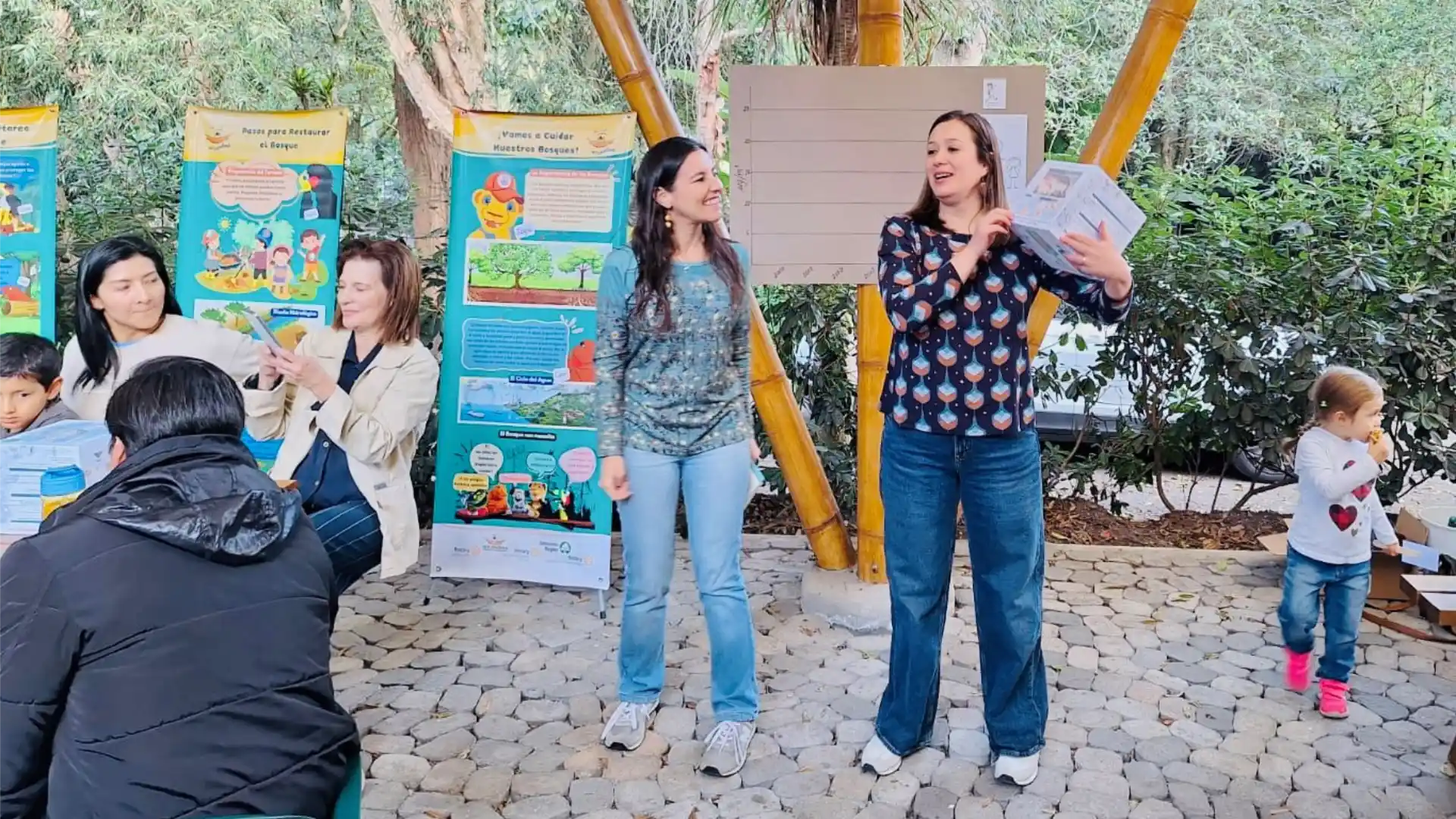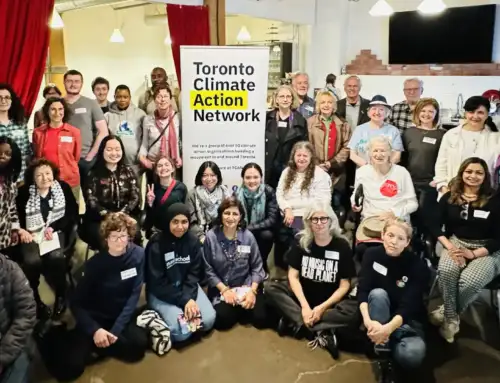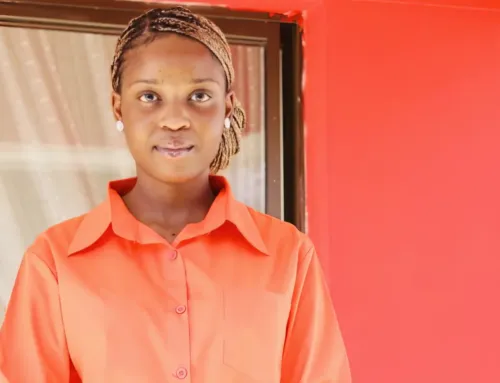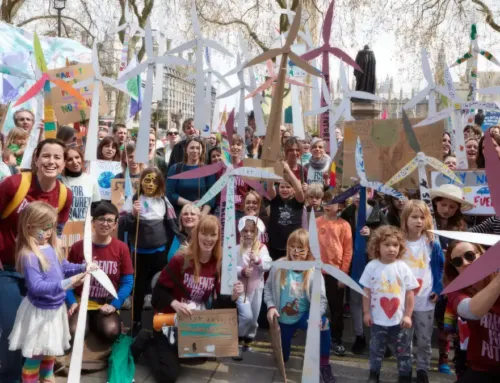STORIES
Ana Badillo:
Bringing families together to secure a healthy environment for children in Ecuador.
Ana Badillo is an economist, researcher, and painter who blends evidence-based insights with everyday experiences to mobilize people in the fight for environmental justice. As part of her 2024 – 2025 Climate Parent Fellowship, she is building Pacha Ayllu – Families for Future Ecuador, a new group of families in Quito, Ecuador working to secure a clean, healthy and sustainable environment for Ecuadorian children. Motivated by her three-year-old daughter and concern for Ecuador’s environmental health, Ana and her group raise public awareness about the critical importance of breathing clean air – especially for children and elders – and urge leaders to pursue a just transition away from fossil fuels. She’s also part of Our Kids’ Climate’s Clean Air Working Group.
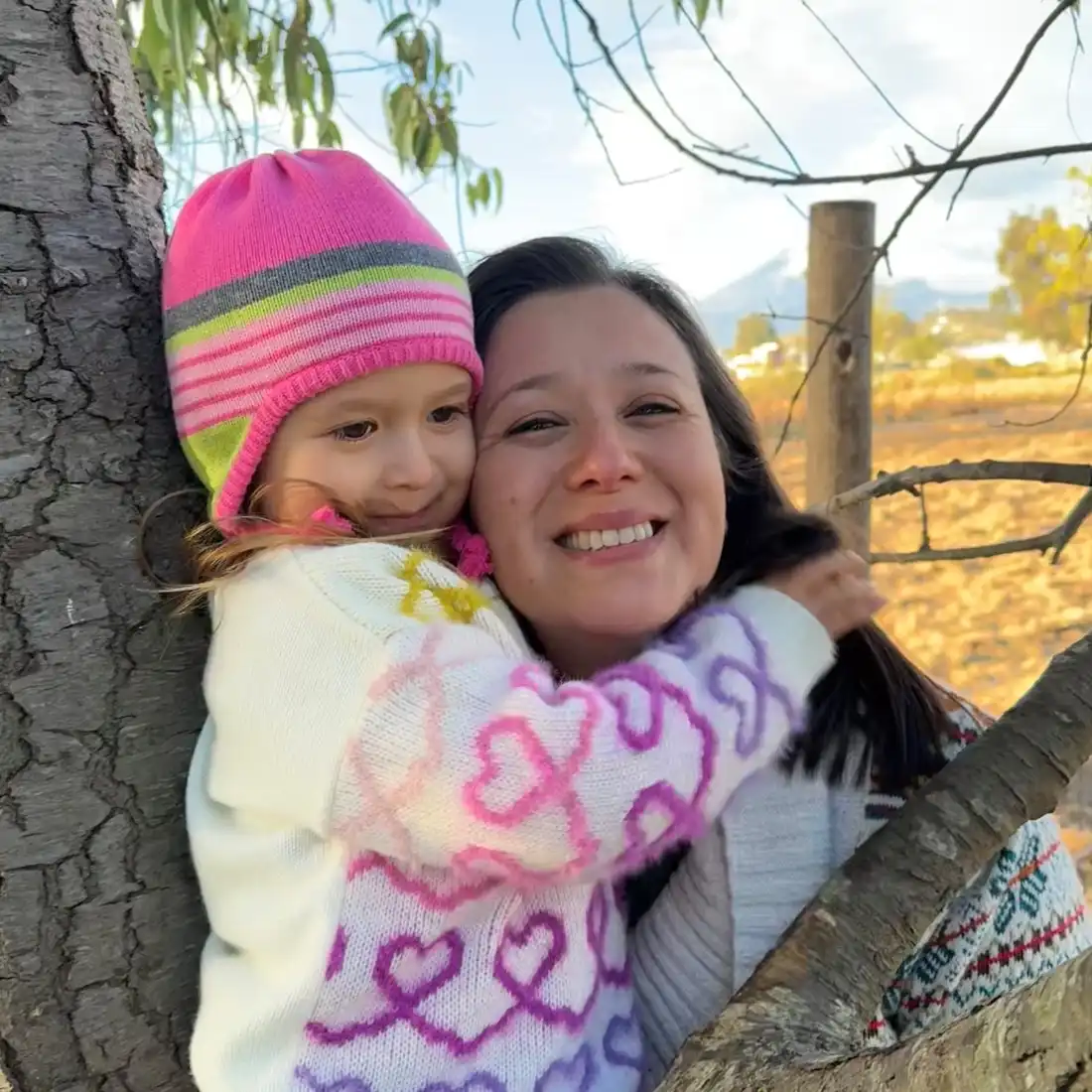
I live with my husband and daughter in a high-rise in Quito, a big, busy city. We love to bike or walk with our daughter to the nearby huge, forested park for picnics, and hope the trees make our neighbourhood air cleaner for her to breathe.
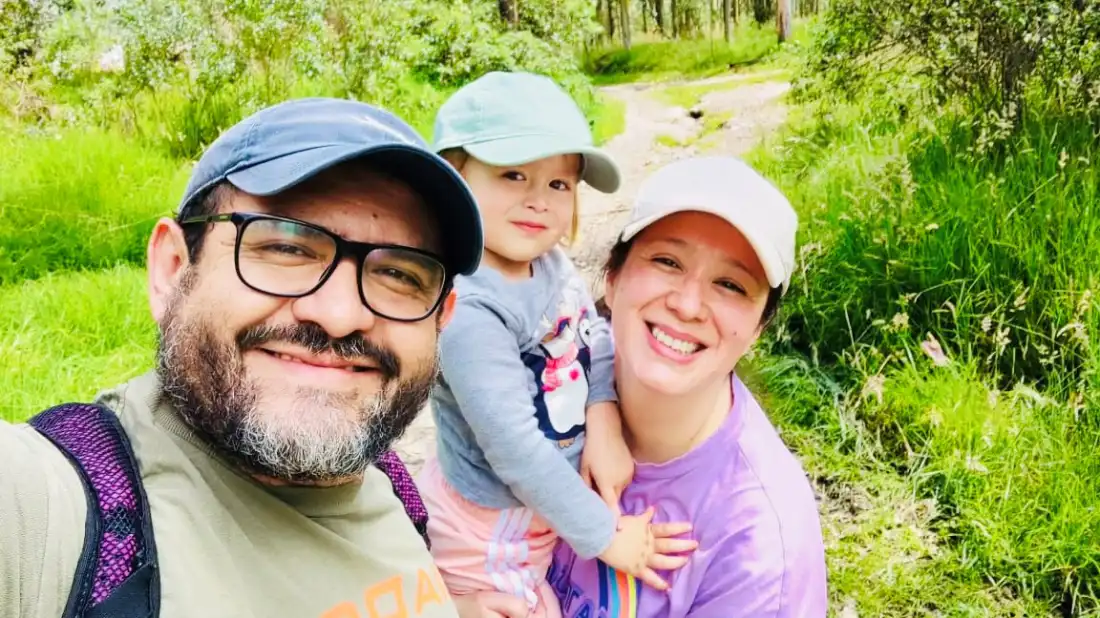
My parents grew up in the countryside in the Cotopaxi Province and stayed connected to the land, growing food for our families. They raised us to love nature, taking us fishing in lagoons and camping in the paramos, beautiful Andean moorlands. We often spent our summer vacations on our little farm in Cotopaxi as kids, and I loved planting potatoes, carrots, and radishes and searching for them at harvest time.
We also grew what’s typical in Ecuador, corn, and my mom planted a colorful variety – black, yellow, red, white – and a yellow one with red spots called sangre de cristo, the blood of Christ. I was amazed by all the colors and used to lie on the huge pile of corn after harvesting. We’re now caretaking that land and refurbishing the farmhouse made of barro, a traditional, sustainable material of sand and mud. We want Sophie, our daughter, raised as I was, with the culture of growing food to share with family and neighbors.
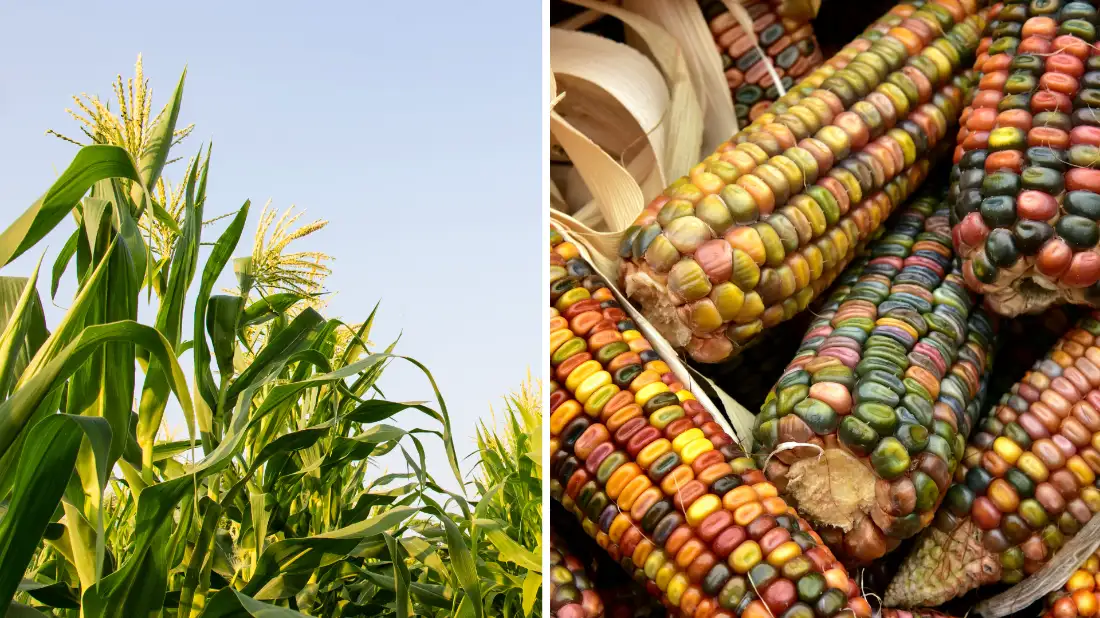
I was also raised with concern for social justice, particularly for indigenous communities.
I was also raised with concern for social justice, particularly for indigenous communities.
I’ve worked my whole career as an economist focused on social issues, especially related to child and maternal health, education, and social protection. I first worked in an NGO helping children with hearing, visual, or intellectual disabilities, mostly in Bolivia, Venezuela, and Colombia, and later in Ecuador with indigenous and afro Ecuadorian communities, peasants and low-income families in remote areas of Ecuador I’d never even known existed. I learned so much from working with parents, children, teenagers, teachers, health workers, and community leaders.
Eventually, I joined the government to oversee Ecuador’s social programs and national planning which sparked my desire to better understand the workings of the political economy. This led me to pursue a PhD in The Netherlands, where my research focuses on the political economy of social protection reforms in Ecuador and Paraguay. Specifically, I investigate why these two distinct countries have sustained similar poverty-centric social protection models instead of transitioning to more inclusive and equitable systems.
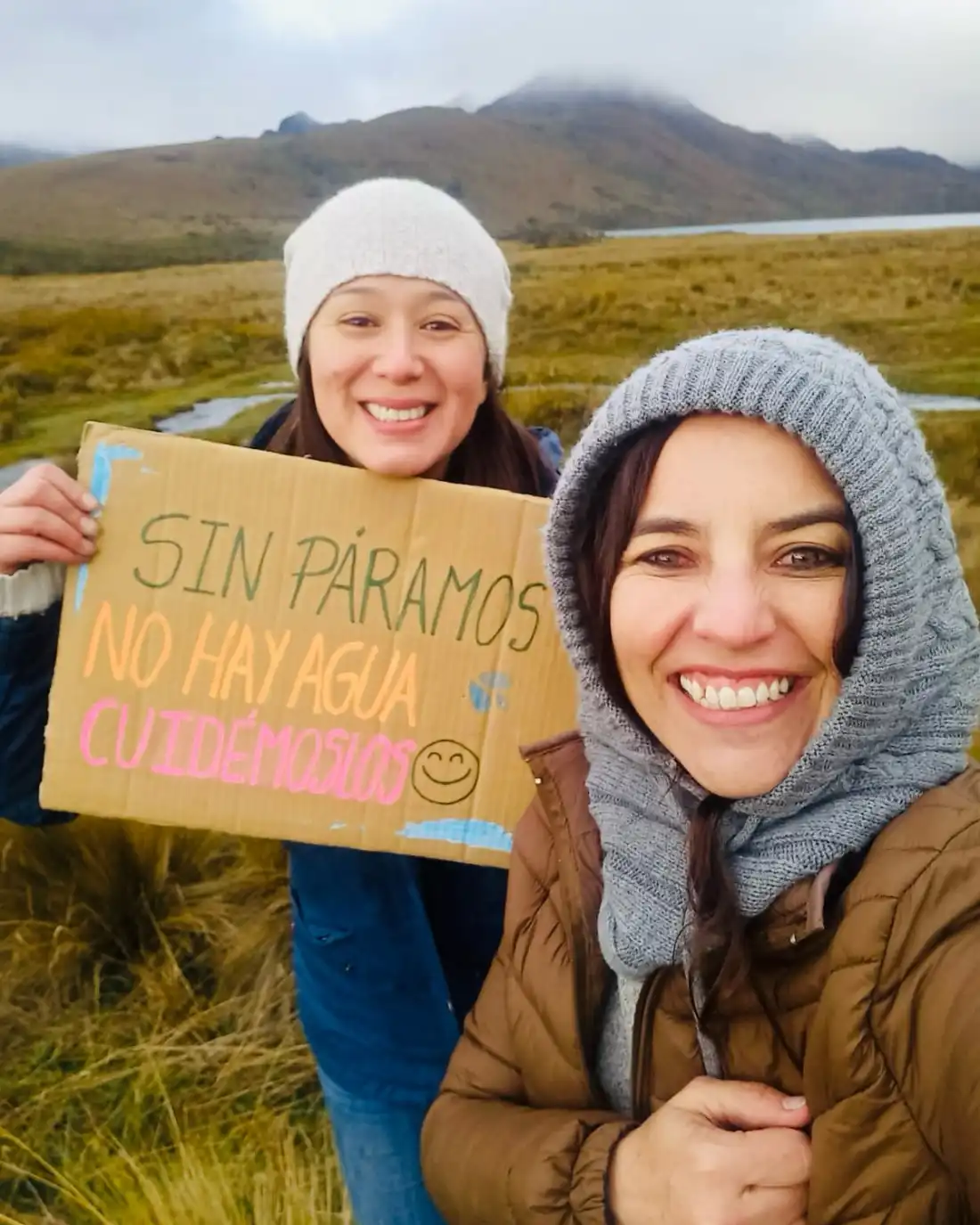

I learned that we cannot address social justice without addressing environmental justice, and that led to my work with Greenpeace International. I liked their focus on changing systems and supporting grassroots organizations to defend their territories or file lawsuits for the rights of nature. Working in movement-building was a shift for me, but the larger shift came with motherhood. After Sophie’s birth, my ecological concern was no longer just about my work. It was about my child.
One event personalized this when Sophie was a baby. We’d returned to Ecuador from The Netherlands excited to take her to the beach. We remembered it was like visiting paradise. After driving six hours we arrived at a beach completely polluted with plastics, bottles, broken glass, and garbage. We were shocked by the change. I’d seen this at beaches elsewhere but hadn’t expected it in Ecuador.
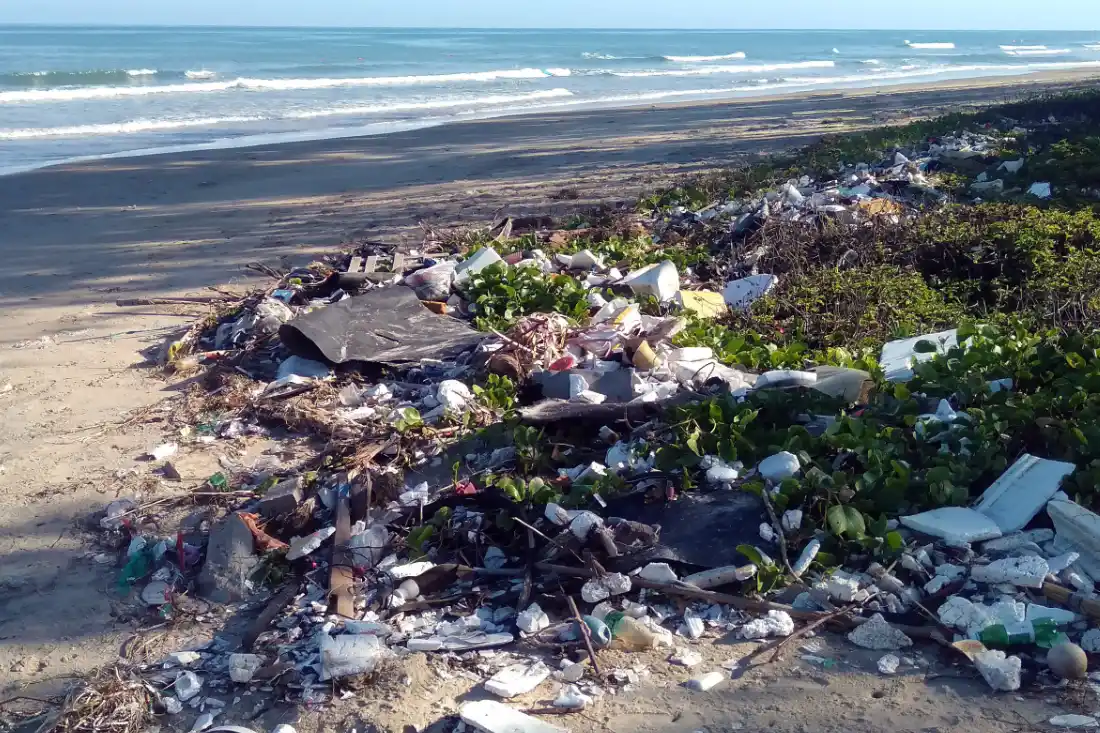
The hotel owner told us, “It’s your fault. People in Quito throw garbage into rivers, and it ends up here.” My husband and I decided we had to do something as citizens, as parents. I began following the Australian group Parents for Climate and Parents for Future UK to understand what they’re doing and how. I brainstormed with friends and family, and little by little built interest in addressing Ecuador’s ecological issues. With support from the Our Kids’ Climate Fellowship, I co-founded Pacha Ayllu, a name derived from Quichua meaning “Families of Nature”. We are a community-based organization – a collective of parents, grandparents, aunts, and uncles—united in the fight for a safe and healthy present and future for our children and all children in Ecuador. Our group’s family focus is powerful because in Ecuador, the family is a respected institution seen as looking after our communities and country.
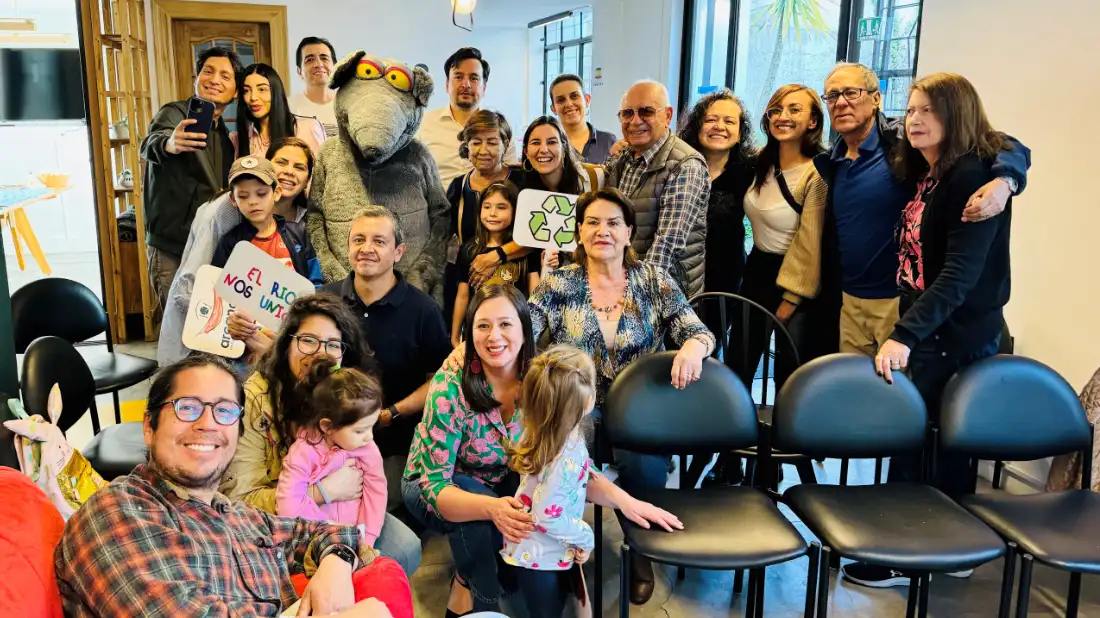
We focus on three main areas of work. The first one is clean air. Quito’s air quality has deteriorated significantly, with pollution exceeding three times WHO limits for safe air. As a mother, I’m deeply worried. Sophie gets respiratory illnesses about every three months and scientific evidence links Quito’s air pollution to harmful effects on children’s respiratory health. Anyone can see the buses and vehicles spewing toxic fumes and chimneys emanating contamination on industries near Quito, including an thermoelectric plant that burns fossil fuels. The situation has worsened with the current severe energy crisis, as the increased use of diesel-powered generators has further polluted the air, making it even more harmful for everyone, especially children.
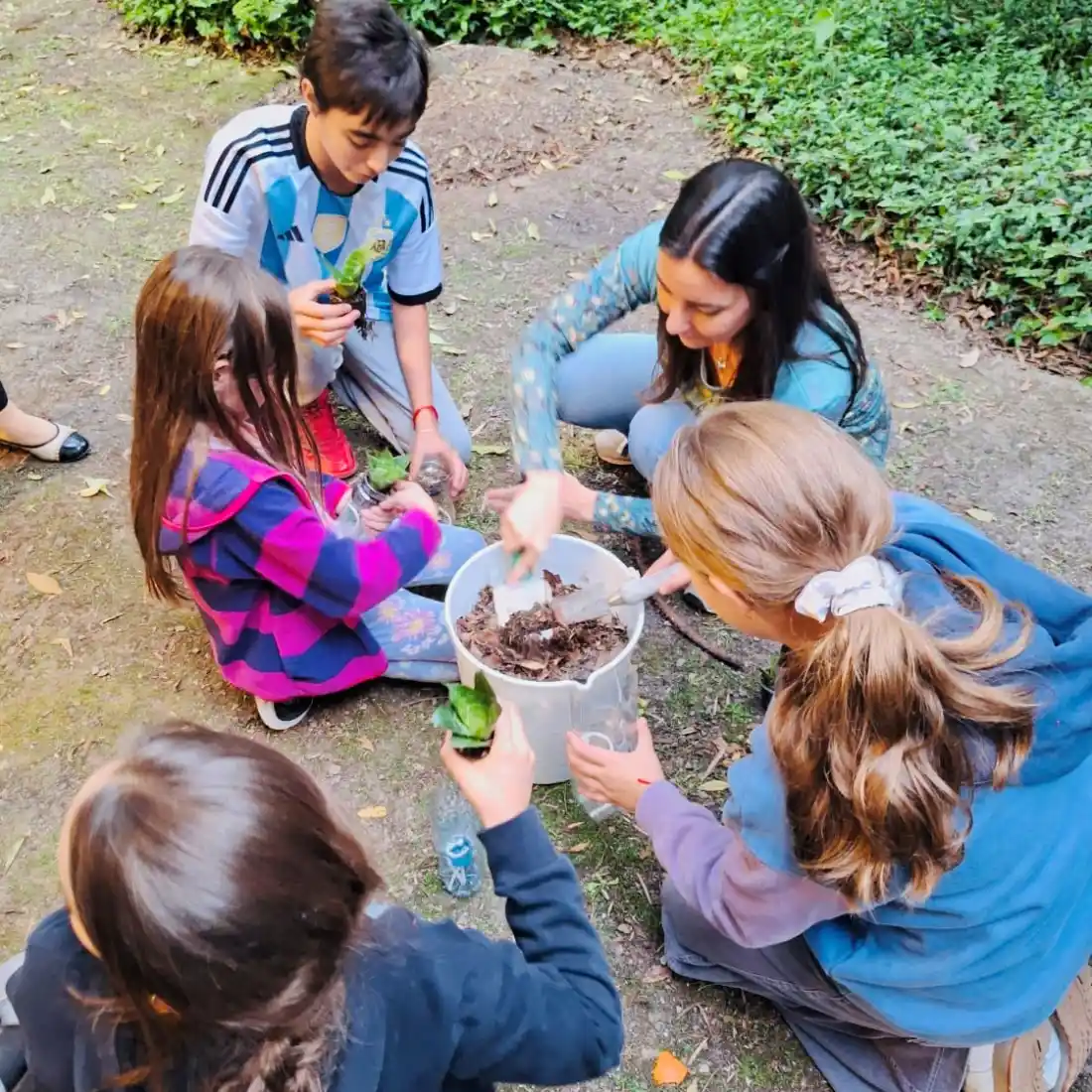
In September 2024, wildfires filled Quito with smoke and burned nine homes.
The fires spread quickly because of the intense drought here caused by the climate crisis. Sophie, coughing from the smoke, had to wear a mask as we and many other families evacuated. Many parents worry about poor air quality but there’s not enough awareness about how it harms children’s health. This is why we organize Clean Air Workshops: to shed light on this silent killer—air pollution—and to share practical ways parents can protect their children and adopt habits for cleaner air. Our group is also working to launch a Clean Air Observatory to help people understand this huge problem and demand policy changes.
Our second area of work is waste reduction guided by the 5 Rs framework: refuse, reduce, reuse, repurpose, and recycle. We aim to support families in adopting more sustainable habits by encouraging mindful consumption and reducing the need for new items. To support this, we’re organizing a toy, clothing, and furniture exchange because it’s a waste of money to buy those new, especially for kids, who grow so fast. We also discuss ways to make our workplaces more sustainable.
Our third priority area of work is promoting and advocating for green spaces, where children can connect and enjoy nature, breathe fresh air, and play and have fun in a safe environment. Our timing is good because the Municipality of Quito recently launched an Early Childhood Policy to secure a healthy environment for young children. This initiative promotes the expansion of green public spaces and parks, aligning with our goals. Additionally, Quito’s membership in the C40 network of cities committed to cleaner air provides a valuable opportunity to advocate for the universal right to breathe clean air.
Perceptions about the environment are shifting in Ecuador, even within my family. My dad and father-in-law, both economists, initially opposed the 2023 referendum to protect Yasuní National Park from oil exploitation. Their opposition stemmed from widespread rumors that approving the referendum and halting extraction would negatively affect their old-age pensions. After I asked them to consider their grandchildren’s futures and explained that the rumor had no solid basis, they changed their minds and even talked others into voting “yes”. We won protection for Yasuní. When my dad called me and said, “I reflected on your words, and I really care about my grandchildren,” I cried from happiness.
I want Sophie to enjoy Ecuador’s beauty and feel safe to play outside, as I did, without worrying about heat waves, wildfires, or toxic air. She’s the reason I’m doing this work with such urgency and love. My work is for her, for my nephews Felipe and Franco, and for all children in Ecuador.
The fires spread quickly because of the intense drought here caused by the climate crisis. Sophie, coughing from the smoke, had to wear a mask as we and many other families evacuated. Many parents worry about poor air quality but there’s not enough awareness about how it harms children’s health. This is why we organize Clean Air Workshops: to shed light on this silent killer—air pollution—and to share practical ways parents can protect their children and adopt habits for cleaner air. Our group is also working to launch a Clean Air Observatory to help people understand this huge problem and demand policy changes.
Our second area of work is waste reduction guided by the 5 Rs framework: refuse, reduce, reuse, repurpose, and recycle. We aim to support families in adopting more sustainable habits by encouraging mindful consumption and reducing the need for new items. To support this, we’re organizing a toy, clothing, and furniture exchange because it’s a waste of money to buy those new, especially for kids, who grow so fast. We also discuss ways to make our workplaces more sustainable.
Our third priority area of work is promoting and advocating for green spaces, where children can connect and enjoy nature, breathe fresh air, and play and have fun in a safe environment. Our timing is good because the Municipality of Quito recently launched an Early Childhood Policy to secure a healthy environment for young children. This initiative promotes the expansion of green public spaces and parks, aligning with our goals. Additionally, Quito’s membership in the C40 network of cities committed to cleaner air provides a valuable opportunity to advocate for the universal right to breathe clean air.
Perceptions about the environment are shifting in Ecuador, even within my family. My dad and father-in-law, both economists, initially opposed the 2023 referendum to protect Yasuní National Park from oil exploitation. Their opposition stemmed from widespread rumors that approving the referendum and halting extraction would negatively affect their old-age pensions. After I asked them to consider their grandchildren’s futures and explained that the rumor had no solid basis, they changed their minds and even talked others into voting “yes”. We won protection for Yasuní. When my dad called me and said, “I reflected on your words, and I really care about my grandchildren,” I cried from happiness.
I want Sophie to enjoy Ecuador’s beauty and feel safe to play outside, as I did, without worrying about heat waves, wildfires, or toxic air. She’s the reason I’m doing this work with such urgency and love. My work is for her, for my nephews Felipe and Franco, for all children in Ecuador.
